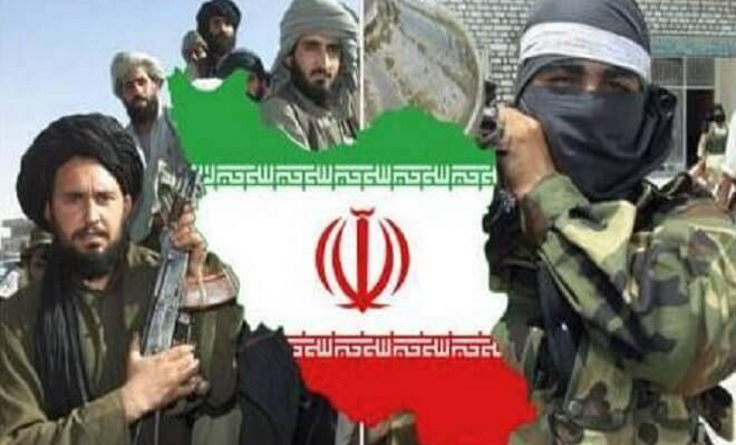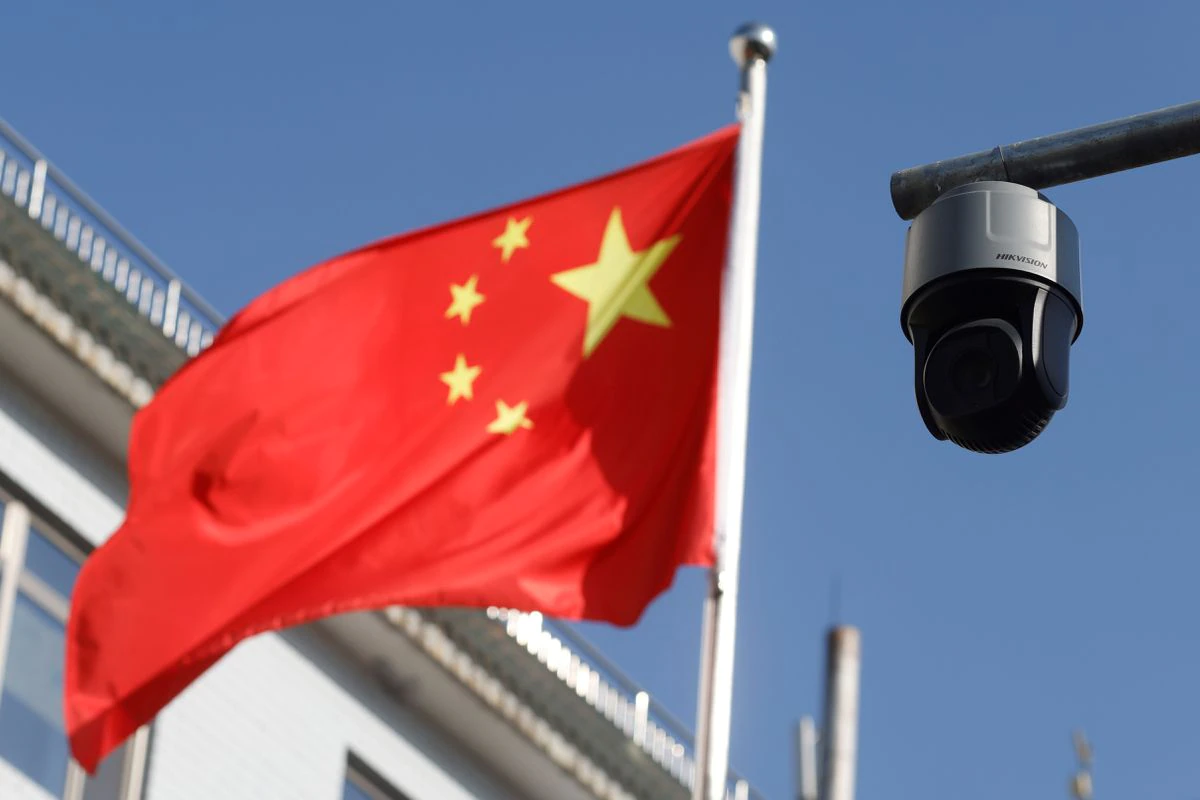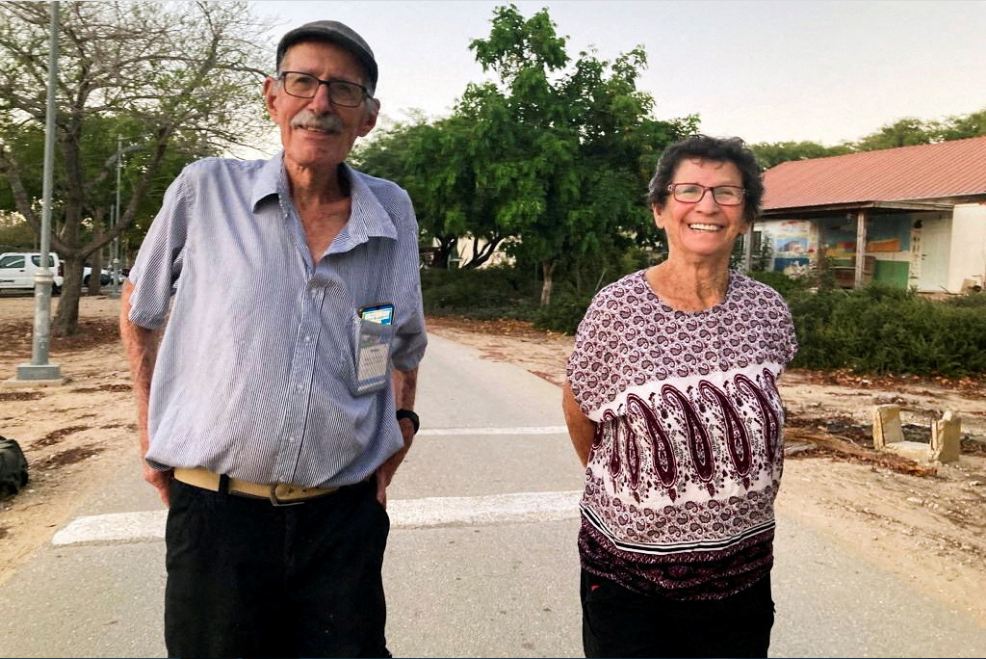Pompeo accuses Iran of undermining Afghanistan peace efforts
Washington (Reuters) – U.S. Secretary of State Mike Pompeo on Tuesday accused Iran of working to thwart efforts to bring peace to Afghanistan, but he offered no specific details to support his allegation.
Pompeo levelled his charge amid an escalating crisis with Iran following a U.S. drone strike on Friday in Iraq that killed General Qassem Soleimani, the commander of Iran’s elite foreign paramilitary and espionage service, the Quds Force.
“Iran has refused to join the regional and international consensus for peace and is, in fact, actively working to undermine the peace process by continuing its long global effort to support militant groups there,” Pompeo said at a State Department news conference.
Pompeo named the Taliban as one of the militant groups he accused Iran of using to undermine Afghanistan peace efforts. He also referred to the “Tora Bora and the Mullah Dadullah Group,” little-known organizations whose strengths, relevance and contacts with Iran were not immediately clear.
“The Taliban’s entanglement in Iran’s dirty work will only harm the Afghanistan peace process,” Pompeo said.
He provided no details to support his charge. The State Department did not immediately respond to a request for comment.
Last June, Pompeo accused Iran of instigating a May 31 suicide bombing in Kabul – claimed by the Taliban – that killed four passersby and slightly wounded four U.S. servicemen.
Iran and the United States share an interest in restoring peace to Afghanistan, experts say. Iranian officials attended a November 2018 meeting in Moscow between the Taliban and other Afghans on spurring peace efforts.
Western intermediaries last year unsuccessfully tried to persuade Washington and Tehran to cooperate on ensuring stability in Afghanistan should U.S. and Taliban negotiators conclude a U.S. troop withdrawal accord.
Tehran long has maintained high-level Taliban contacts. It has held consultations with Taliban officials on their ongoing negotiations with the United States on a U.S. troop withdrawal that would lead to intra-Afghan talks on a political accord to end decades of fighting.
Iran is a haven for some insurgent families and has supplied limited quantities of weapons to the insurgents to keep pressure on U.S. forces near its border with Afghanistan, according to Western officials.
But Tehran also maintains close ties with Kabul and regional experts cast its relationship with the Taliban as hedging its bets in case the militants return to power. Tehran also sees the Taliban as a counter force to Islamic State’s Afghan affiliate.



